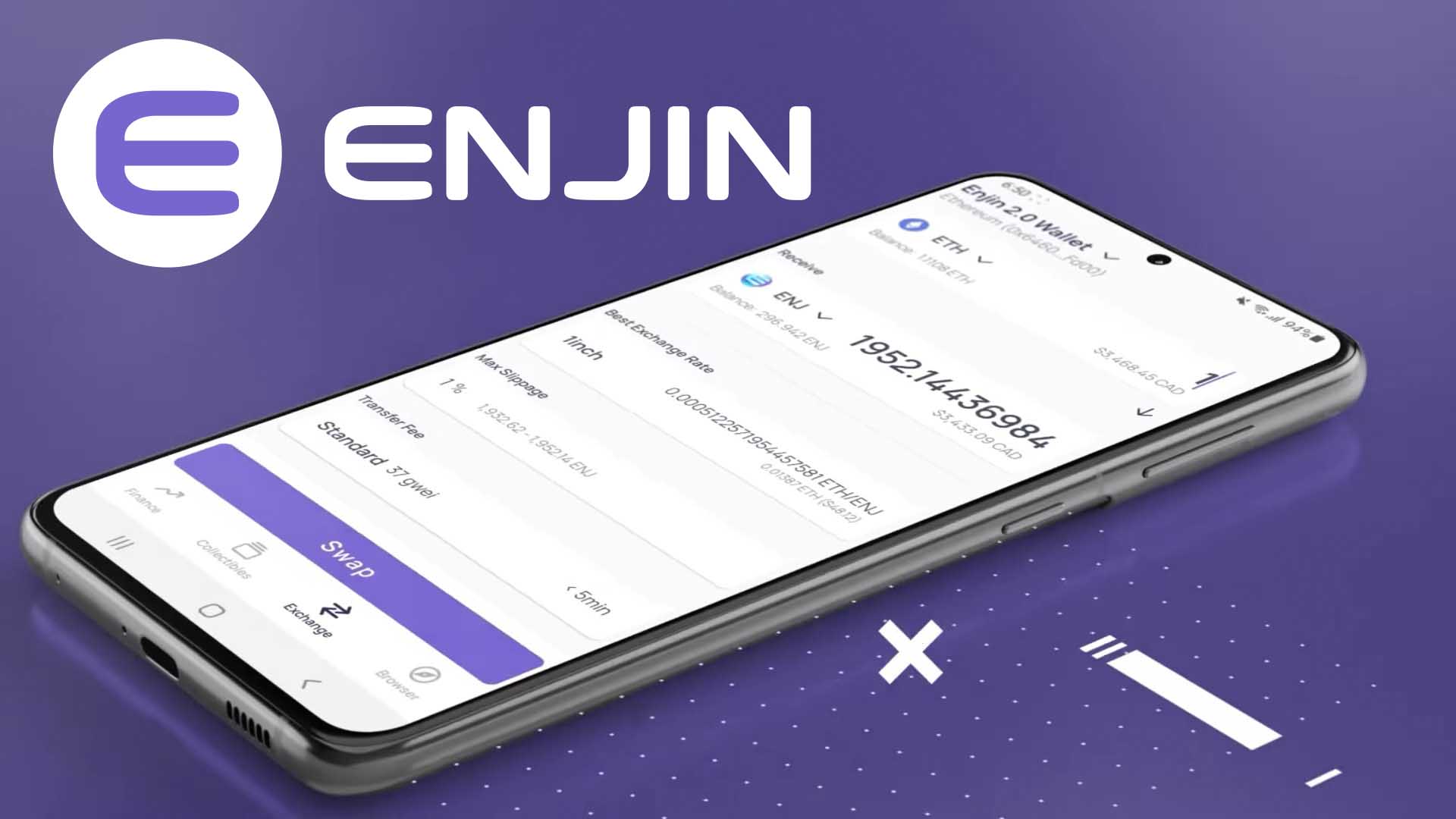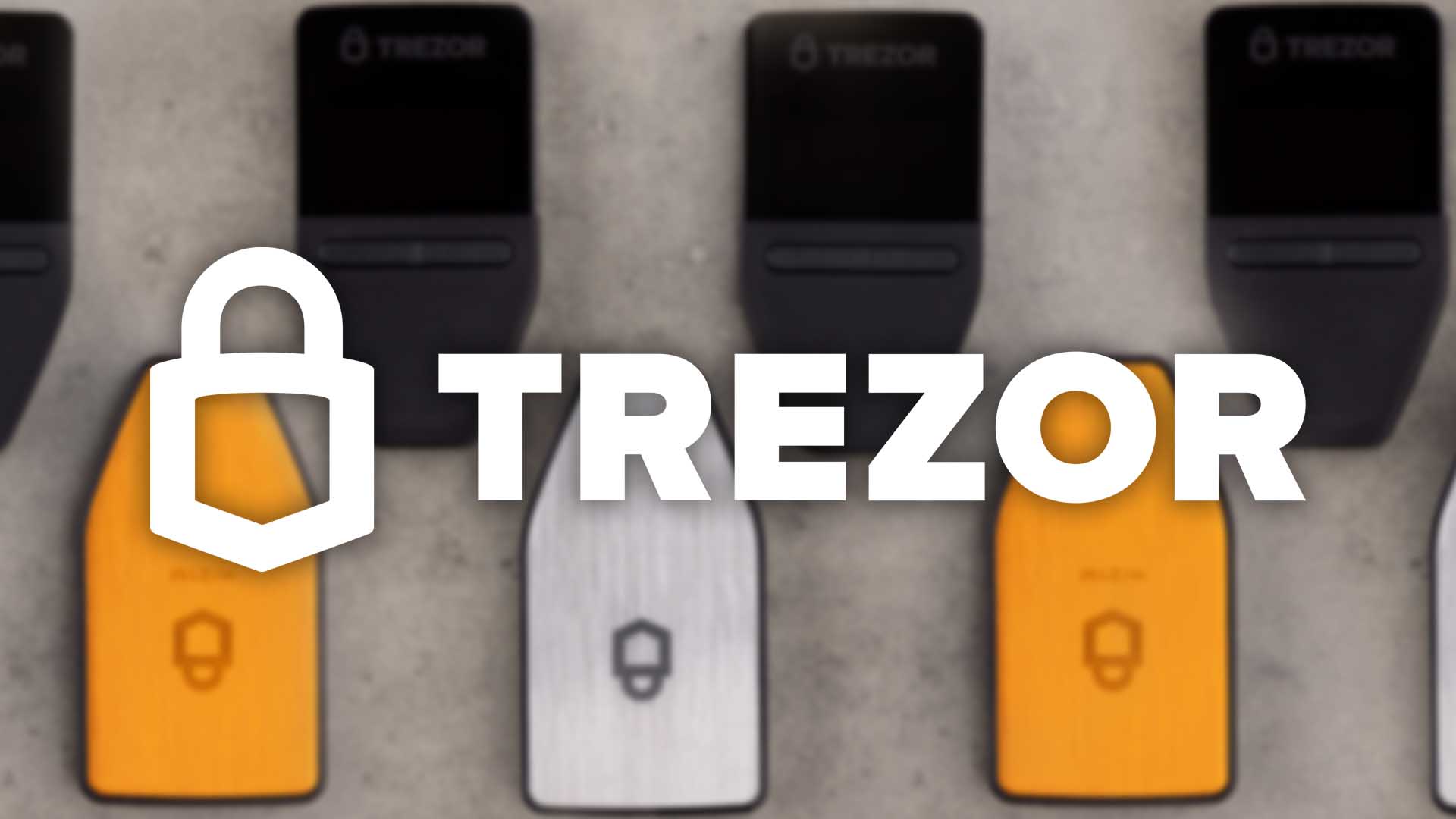Although there is crypto winter, the popularity of digital assets, like NFTs and cryptocurrencies, does not decrease. Because of the significance of the current situation, the existence of crypto assets must be protected by people from the field, but what about death? In other words, what happens to the assets in your wallet after you die? If you do not plan anything for your digital assets before your death, they will probably disappear forever.

As you can predict, crypto assets do not change with death, they continue to exist as digital and valuable things. However, some problems in crypto assets might occur with their owner’s death, so there must a proper plan for these assets. Let’s focus on what should be the plan for crypto assets after death.

Before focusing on the plan about crypto assets after death, we want to share Gerald Cotten’s story because people did not think about the situation of their crypto assets after their death before the story.
Cotten established QuadrigaCX, a Canada-based crypto exchange, in 2013. From 2013 to 2018, the exchange had approximately 75000 users, and these people immediately lost their investments due to the death of Cotten. In 2018, the death of Cotten was announced, and the cryptocurrency worth 250 million Canadian dollars in his exchange disappeared with his death. Some people thought that Cotten organized a fake death to steal his customers’ assets, but Cotten’s death and the loss of the crypto assets remain a mystery since 2018.
Because of some critical situations, like Cotten’s death, every person must be careful about their crypto assets, especially after their death, so we want to explain what can be done before death comes.
Firstly, people must prepare legal documents about their crypto assets because these documents will be necessary after death. Then, the below mentioning two points should be considered. If these steps are not considered by people who have a small or large amount of crypto assets, their investments will be gone forever after their death.

Choosing and indicating beneficiaries for crypto assets
For real-life assets, like money, house, or car, people should indicate organizations or persons who are wanted to own these assets, and the same situation is valid for crypto assets.
Generally, a beneficiary refers to a person or organization that will get a person’s crypto assets when the person died. If you do not want to lose your investment after your death, you must choose a beneficiary or beneficiaries for the assets in your wallets. The beneficiaries can be your daughters, sons, partner, mother, father, and so on. Also, you can think about donating your assets to an organization, like UNICEF and Feed The Children. To decide on a proper and reliable non-profit organization for your donation, you must conduct research in a detailed and good way.
In addition to selecting and indicating beneficiaries, you should find a reliable person to be your executor who manages the process of your crypto assets and distribute them according to your desires and documents after your death. At that point, we want to emphasize that selecting an executor with the necessary skills and knowledge about the NFT space, cryptocurrencies, and blockchain technology can be a good starting point.

Understanding and explaining the type of crypto storage
Crypto assets can be stored in different ways, and these ways must be understood in a good way. If a person understands how s/he stores her/his crypto assets, s/he can explain the storage method, and the explanation is required for the access of beneficiaries and executors.
Firstly, you can store your crypto assets in a custodial account on a crypto exchange, like Binance or Coinbase. After your death, your beneficiaries and executor can contact the crypto exchange to access your assets. Before the communication, they must prepare necessary documents, like proof of identification, your death certificate, the letter signed by your executor, and so on.
The second storage method can be offline storage in a cold wallet. If you store your assets in a cold wallet, you must indicate the location of the wallet, your private and public keys, and other information for accessing the wallet, like the PIN code. If you do not document these things, your beneficiaries and executor cannot reach your crypto asset after your death.
Final words
If you want your crypto assets to be utilized in a useful way after your death, you should prepare an appropriate plan for them and share this plan only with people you trust.
 Irem B.
Irem B.













